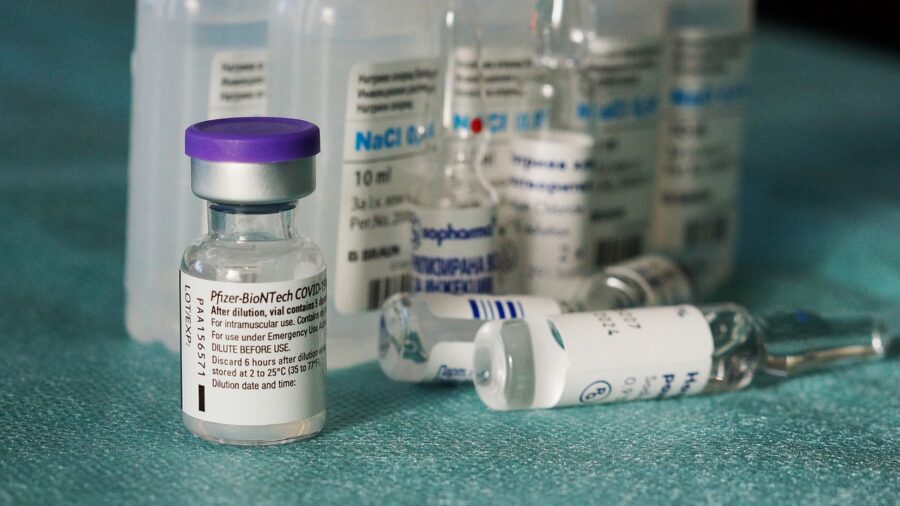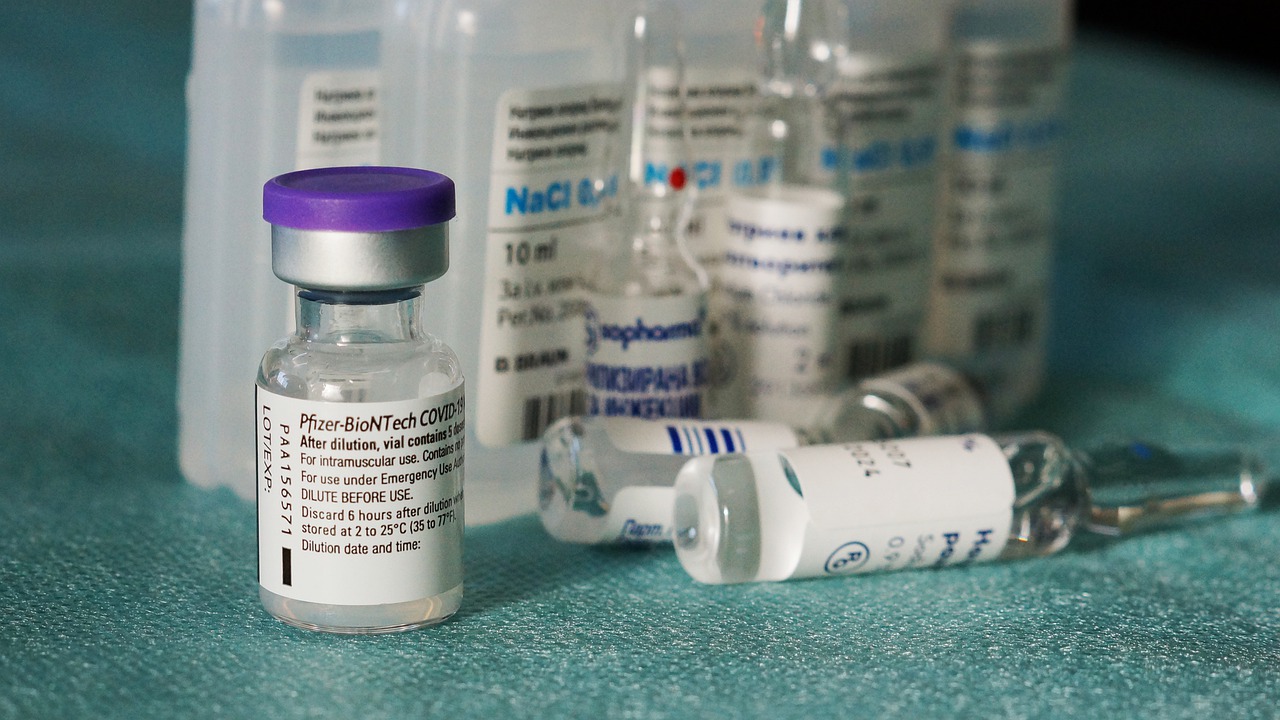
SA Study Reveals Pfizer May Only Partially Protect Against Omicron BUT More Promising Than Headlines
While initial laboratory experiments in South Africa have shown that the Omicron variant can “partially evade” protection from the Pfizer vaccine, the news is still better than expected and more promising than many headlines that went out on Tuesday night around the world. Alex Sigal, a professor at the Africa Health Research Institute, announced the […]

While initial laboratory experiments in South Africa have shown that the Omicron variant can “partially evade” protection from the Pfizer vaccine, the news is still better than expected and more promising than many headlines that went out on Tuesday night around the world.
Alex Sigal, a professor at the Africa Health Research Institute, announced the findings on Twitter on Tuesday evening, but before going to sleep (after midnight), Sigal tweeted: “Just to be clear on something as I’m still awake, this was better than I expected of Omicron. The fact that it still needs the ACE2 receptor and that escape is incomplete means it’s a tractable problem with the tools we got.”
In two more messages he said “These results are better than I expected. The more antibodies you got, the more chance you’ll be protected from Omicron” and “based on the genome, I though it would be worse. It looks like it’s mostly a question of quantity – the more antibody, the better.”
Testing took place at an Africa Health Research Institute laboratory. Blood from 12 people who had been double vaccinated with the Pfizer/BioNTech vaccine was tested. At this stage they have not yet tested with other vaccines, or with people without vaccination.
Sigal reported a “very large drop” in neutralization of the Omicron variant, compared to an earlier Covid-19 variant.
According to the manuscript, which has not yet been peer reviewed, blood from five out of six patients who had been vaccinated and previously infected with Covid, still neutralized the Omicron variant.
Sigal’s announcement on Twitter read:
“We have completed our first experiments on neutralization of Omicron by Pfizer BNT162b2 vaccination elicited immunity
Manuscript available at sigallab.net and should be available on medRxiv in the coming days
There are a few results:
1. Omicron still uses ACE2
2. There is a very large drop in neutralization of Omicron by BNT162b2 immunity relative to ancestral virus
3. Omicron escape from BNT162b2 neutralization is incomplete. Previous infection + vaccination still neutralizes
This is our first set of data and is not corrected for values going below the lowest dilution used – we present the raw fold change, which is likely to be adjusted as we do more experiments.”
According to the manuscript, the researches saw a 41-fold decline in levels of neutralizing antibodies against the Omicron variant, but as Sigal said this figure will probably be adjusted after more experiments.
Reuters also pointed out that while “neutralizing antibodies are an indicator of the body’s immune response, scientists believe other kinds of cells such as B-cells and T-cells also are stimulated by the vaccines…”
Praise for South Africa’s scientists and researchers
Sigal thanked the incredible team who made this possible, and accolades poured in from around the world for South African scientists and researchers.
Virologist Tom Peacock said: “Absolute heroic work! Well done to everyone involved!” A German woman said: “The world owes you and your colleagues in SA a lot of gratitude! Thank you so very much! Stay healthy! Best regards from a normal citizen in Germany.”
Peacock explained the results at this stage mean “so it’s preliminary but vaccine sera is not doing so great against omicron. People with vaccination+previous infection are doing better (likely to be similar for boosted as well). Also it’s not clear how this would apply to risk of infection vs symtomatic vs severe disease yet…”
When asked whether researchers have tested the booster’s efficacy in neutralization, Segal pointed out that “we don’t have them in SA yet”.
He said that one of the next tests would be checking Pfizer as a booster after J&J. “Starting a trial on that – right thing to do to switch vaccine between prime and boost.”
When asked if there was ‘serious immune escape’, Segal said: “Extensive, but not complete, exact fold-drop will change as we do more experiments.”
The experiments didn’t incorporate prior infected, unvaccinated samples because “we don’t yet have enough virus grown”.
Sigal’s lab is in Durban where he is Research Group Leader at the Institute, as well as Associate Professor at the University of KwaZulu-Natal. He has a PhD in Systems Biology from the Weizmann Institute (Israel) and was a postdoctoral fellow with David Baltimore at the California Institute of Technology.
